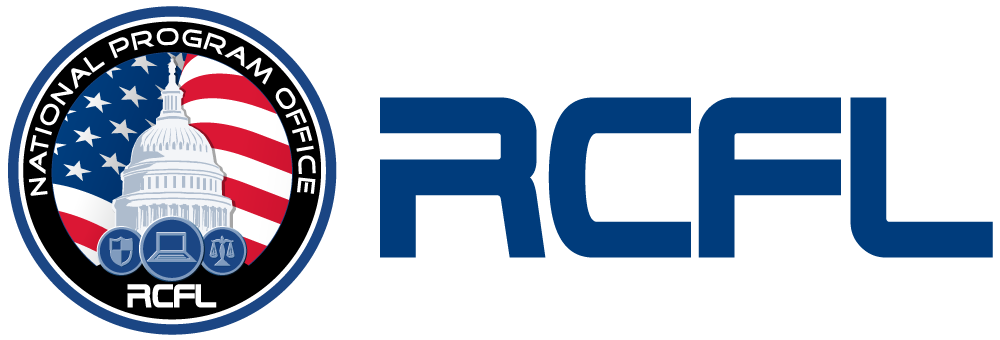Request Assistance
The New Jersey RCFL provides digital forensic services to any law enforcement agency in New Jersey. Participating agencies will receive priority.
Services include acquisition and analysis of computers, PDAs, cellular telephones, and video; and digital data preservation. Personnel from the NJRCFL can provide telephonic or on-site technical guidance for recognizing and seizing items which may store digital data. Services also include training to law enforcement in New Jersey in our classroom or through speaking engagements at conferences and training seminars at your facility.
For assistance with an on-site search, submit an On-site Request to the NJRCFL with advance notice of 48 hours to one week whenever possible. Specify whether a seizure of computers/media (bag and tag) or an on-site image collection is required, and if possible include a copy of the search warrant or other legal authority (e.g. consent form) that authorizes the seizure or collection of the digital evidence with the form.
For a laboratory exam, submit a Laboratory Exam Request to the NJRCFL with legal authority. The investigator should be as concise and thorough as possible. This form is used to make decisions about the request, therefore any vague or ambiguous terminology may make it more difficult to interpret or understand what services are needed.
Laboratory Exam Acceptance Guidelines
- The NJRCFL will accept computers and Audio and Video (A/V) requests from any law enforcement agency in the State of New Jersey. Participating agency cases will get priority.
- The NJRCFL will only accept up to 5 items per request without prior approval of NJRCFL management.
- The NJRCFL will accept cell phones from agencies ONLY AFTER the investigator attempts to process the device on the Mobile Device Kiosk.
- The NJRCFL will accept loose media (Diskettes, CD-R disks, DVD disks, Blue Ray Disks, media cards, thumb drives and any other removable media) if the investigator cannot successfully obtain their data using the Loose Media Kiosk.
- The NJRCFL will not accept a case without legal authority.
Tips for Law Enforcement
When Submitting a Service Request — The investigator should be as concise and thorough as possible. This form is used to make decisions about the request, therefore, any vague or ambiguous terminology may make it more difficult to interpret or understand what services are needed. As a result, this could slow down the processing of the request.
Turning On or Accessing a Computer — Indicate on the Service Request form, if you or anyone else in the chain of custody attempted to turn on or access the computer prior to submitting it to the NJRCFL. This is very important information for the Examiners to have.
Search Warrants — If a service request is pursuant to a search warrant, a copy of the warrant must be included with the Service Request form. Likewise, if the service request is a result of a consensual search, a copy of the agency's "consent for search" form must be included. Failure to include this documentation will more than likely cause a delay in processing the request. If neither of the two conditions apply, please fill-out and submit an NJRCFL Legal Authority Statement.
Handling Sensitive Equipment — Always use extreme caution or take precautionary measures such as grounding the static electricity before touching any of the internal components of the computer or handling sensitive computer equipment. For example, if the internal workings of a computer are exposed, the equipment could be damaged by a buildup of static electricity that is held by the human body (Walking across a rug can produce a static electricity voltage of up to 12,000 volts). The hard drive is especially susceptible to static electricity, even if it is exposed to only a small amount of voltage (a microchip can be damaged with as little as 500 volts of static electricity). If you are unsure about how to handle the equipment, it is best to defer to a professional.
